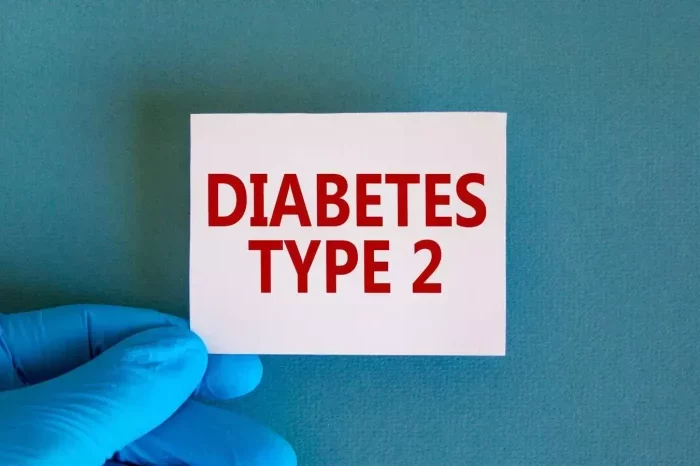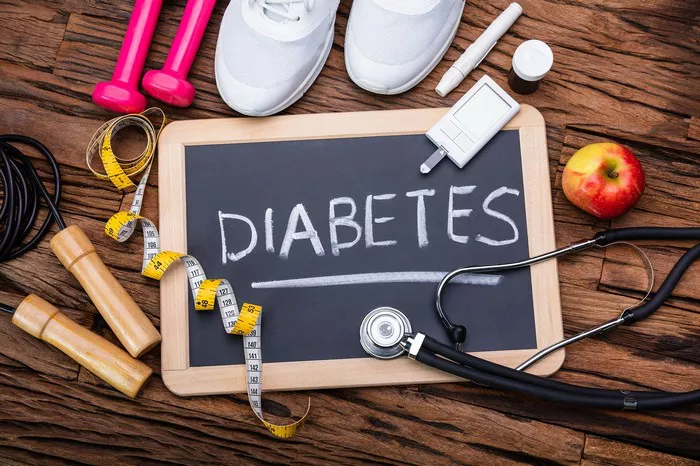Diabetes, a chronic metabolic disorder, has emerged as a significant global health concern, affecting millions of individuals worldwide. Characterized by abnormal levels of glucose in the blood, diabetes presents a myriad of complications and challenges for those diagnosed with the condition. Understanding the causes of diabetes is paramount in developing effective prevention strategies and treatments. This article delves into the multifaceted nature of diabetes causation, exploring genetic predispositions, lifestyle factors, environmental influences, and emerging research in the field.
The Genetic Underpinnings of Diabetes
One of the primary contributors to diabetes is genetic predisposition. Family history plays a crucial role in determining an individual’s susceptibility to the condition. Research indicates that certain genetic variants can increase the risk of developing diabetes, particularly type 2 diabetes, which accounts for the majority of diabetes cases globally. The interplay between genetics and environmental factors further complicates the picture, making it essential to consider both aspects in understanding disease development.
Various genes have been implicated in the pathogenesis of diabetes, including those involved in insulin production, glucose metabolism, and pancreatic function. For instance, mutations in the genes encoding insulin and its receptors can disrupt insulin signaling pathways, leading to insulin resistance and subsequent diabetes. Additionally, genes associated with obesity and lipid metabolism can contribute to the development of insulin resistance, a hallmark of type 2 diabetes.
Environmental Factors and Lifestyle Choices
While genetics play a significant role in diabetes susceptibility, environmental factors and lifestyle choices also exert profound influences on disease development. Unhealthy dietary habits, sedentary lifestyles, and obesity are well-established risk factors for type 2 diabetes. Diets high in refined carbohydrates, sugar, and saturated fats can contribute to insulin resistance and obesity, both of which increase the likelihood of developing diabetes.
Physical inactivity further exacerbates these risks, as regular exercise plays a crucial role in maintaining healthy body weight and insulin sensitivity. The modern sedentary lifestyle, characterized by long hours of sitting and limited physical activity, has been implicated in the rising prevalence of diabetes worldwide. Encouraging individuals to adopt healthier lifestyles through diet modifications and regular exercise remains a cornerstone of diabetes prevention efforts.
The Role of Environmental Toxins
In addition to diet and physical activity, exposure to environmental toxins and pollutants may also contribute to diabetes risk. Endocrine-disrupting chemicals (EDCs), such as bisphenol A (BPA), phthalates, and persistent organic pollutants (POPs), have been linked to insulin resistance and other metabolic disturbances. These chemicals can interfere with hormone signaling pathways, disrupt glucose metabolism, and promote adipose tissue dysfunction, thereby increasing the risk of diabetes.
Furthermore, air pollution, particularly fine particulate matter (PM2.5) and nitrogen dioxide (NO2), has been associated with an elevated risk of type 2 diabetes. Inhalation of these pollutants can induce systemic inflammation, oxidative stress, and endothelial dysfunction, all of which contribute to insulin resistance and impaired glucose tolerance. Mitigating exposure to environmental toxins through regulatory measures and public health interventions may help reduce the burden of diabetes on a population level.
Emerging Research and Therapeutic Targets
Advances in biomedical research have shed light on novel mechanisms underlying diabetes pathogenesis, opening avenues for the development of targeted therapies and interventions. One area of active investigation is the role of gut microbiota in modulating metabolic health and insulin sensitivity. Dysbiosis, or imbalance in the gut microbial community, has been implicated in the development of insulin resistance and obesity, both of which are risk factors for diabetes.
Manipulating the gut microbiota through probiotics, prebiotics, and dietary interventions represents a promising strategy for preventing and managing diabetes. Additionally, researchers are exploring the potential of targeting inflammatory pathways and oxidative stress mechanisms implicated in diabetes complications. Anti-inflammatory agents, antioxidants, and immunomodulatory drugs hold promise in attenuating chronic inflammation and preserving beta-cell function in individuals with diabetes.
Moreover, personalized medicine approaches, leveraging genetic profiling and biomarker assessments, may enable tailored interventions based on individual risk profiles and disease trajectories. By identifying high-risk individuals early and implementing targeted interventions, healthcare providers can po
Conclusion
Diabetes is a complex and multifactorial disease influenced by genetic, environmental, and lifestyle factors. While genetic predisposition plays a significant role in disease susceptibility, environmental factors such as diet, physical activity, and exposure to toxins also contribute to diabetes risk. Addressing the growing burden of diabetes requires a comprehensive approach that encompasses public health initiatives, lifestyle modifications, and targeted interventions based on emerging research findings.
By gaining a deeper understanding of the underlying causes of diabetes and leveraging advancements in biomedical research, healthcare providers and policymakers can work towards effective prevention and management strategies. Through collaborative efforts focused on promoting healthy behaviors, reducing environmental exposures, and advancing personalized medicine approaches, we can strive towards a future where diabetes is no longer a pervasive global health concern.


























